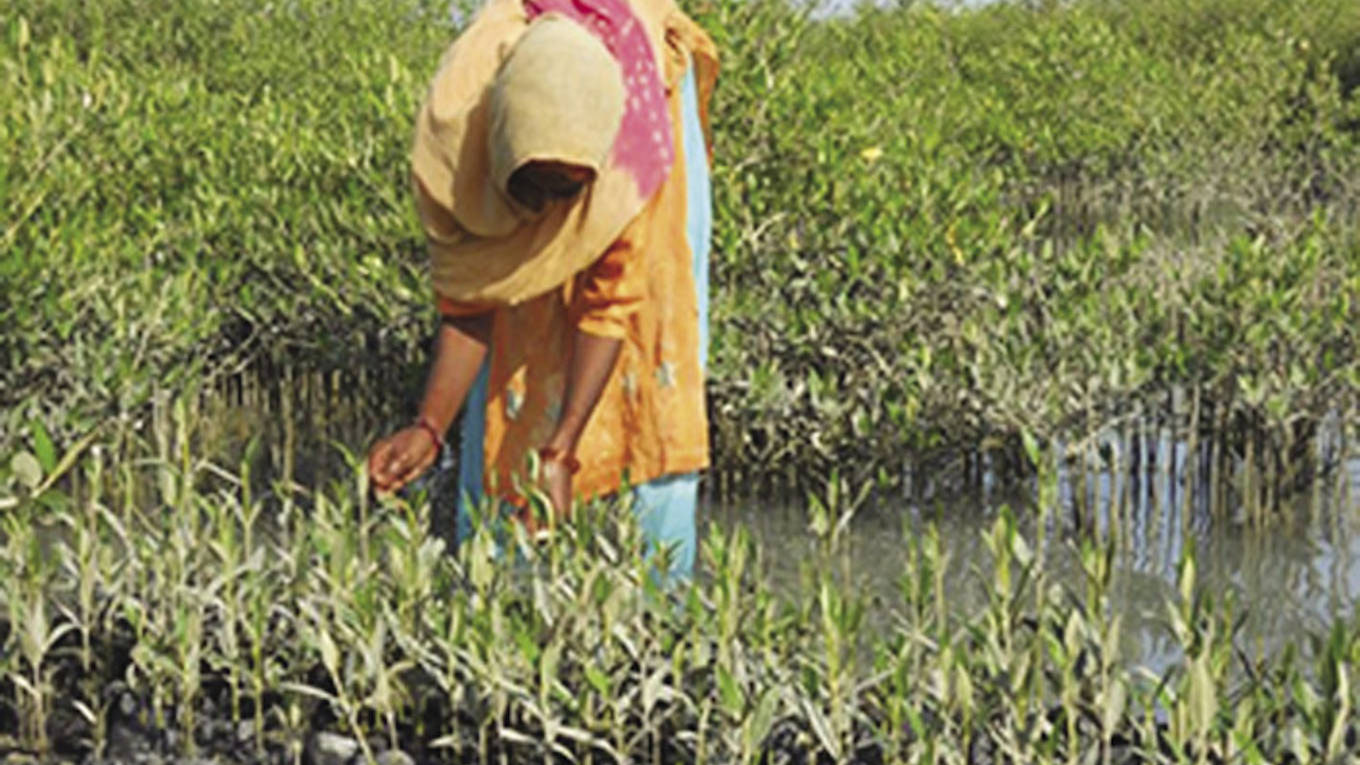Agriculture employs about 40 per cent of India’s workforce, but contributes only 17 per cent to the GDP (according to the 2021 census). Making agriculture sustainable is necessary for long-term benefits to farmers and other stakeholders. Understanding the need of farmers, Tata Chemicals Ltd (TCL) has been working to enhance their income by implementing diversification of crops, management of soil & water (micro irrigation, macro & micro watershed), governance of water (micro irrigation), integrated crop management, farm mechanisation, post-harvest management and farmer institutions. In addition to low income, climate change has drastically affected farmers. Therefore, it is necessary to ensure its impact on agriculture is minimal but in a sustainable way. Hence, sustainability has become the byword in agriculture. Efforts to do so have been on for about a decade. The goal on the commercial side has been to make the business feasible and scalable. Tata Chemicals Society for Rural Development (TCSRD), the non-profit arm of TCL, focuses on poverty alleviation by promoting livelihood opportunities, both linked to farm and nonfarm activities. The programmes have been designed to improve the land, introduce improved agriculture practices and livestock management systems. The sustainable livelihood programmes of TCL aim to improve the lives of the rural people and help in poverty alleviation. These interventions help in creating employability and entrepreneurship for the rural community. The project is in line with TCSRD’s objectives that work with communities in the vicinity of their plants. Their strategy focuses on ensuring sustainability in ongoing livelihood practices in the region through capacity-building and establishing strong local institutions. That takes forward the work of agriculture development, salinity mitigation, market linkages and scales up promising practices in agriculture, horticulture, animal husbandry and other livelihood options. TCSRD is working on a project – Climate Neutral Village Project – to mitigate and calculate the positive impacts of sustainable land & water management practices. The goal of this project is to facilitate communities to adopt a lifestyle which enables them to cope with the effects of climate change. Other than climate change, TCSRD has undertaken several other agricultural methods to strengthen farmers and the community. The real challenge Through agriculture interventions like the Centre for Sustainable Agriculture & Farm Excellence (C-SAFE), TCL is engaged in helping small and marginal farmers enhance their productivity. While implementing these initiatives, the real challenge is of sustainability. To address this, various groups like the village committees, community members, self-help groups, etc jointly work as the medium of implementation. Capacity building of these groups and networking activities with other NGOs aids in replication and sustainability of the initiatives. The interventions led to a three-fold increase in income levels for more than 250 farmers from Rs7,400 per acre to Rs25,200 per acre, improving yield by four quintals per acre with an additional revenue of Rs7,200 per acre. There was a Rs200 per quintal increase to farmers with additional revenue of Rs4,400 per acre. Input cost was reduced through the implementation of best practices, which saved Rs3,000 per acre and reduced outbound logistics on the harvested crop (savings of Rs1,672 per acre).
-

TCSRD’s Climate Neutral Village Project: positive impact on land and water management

































